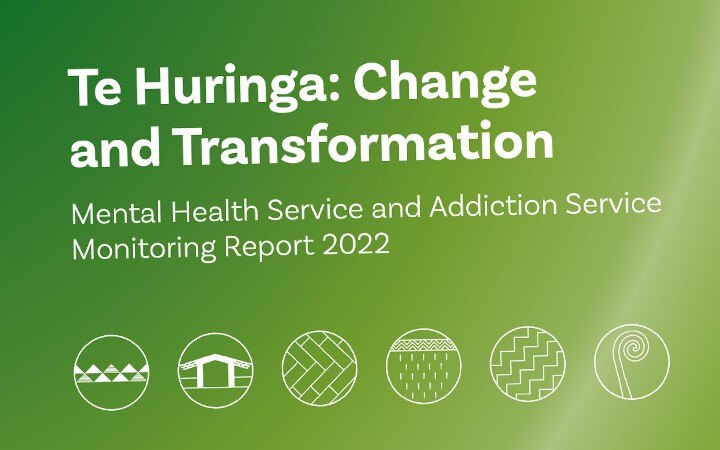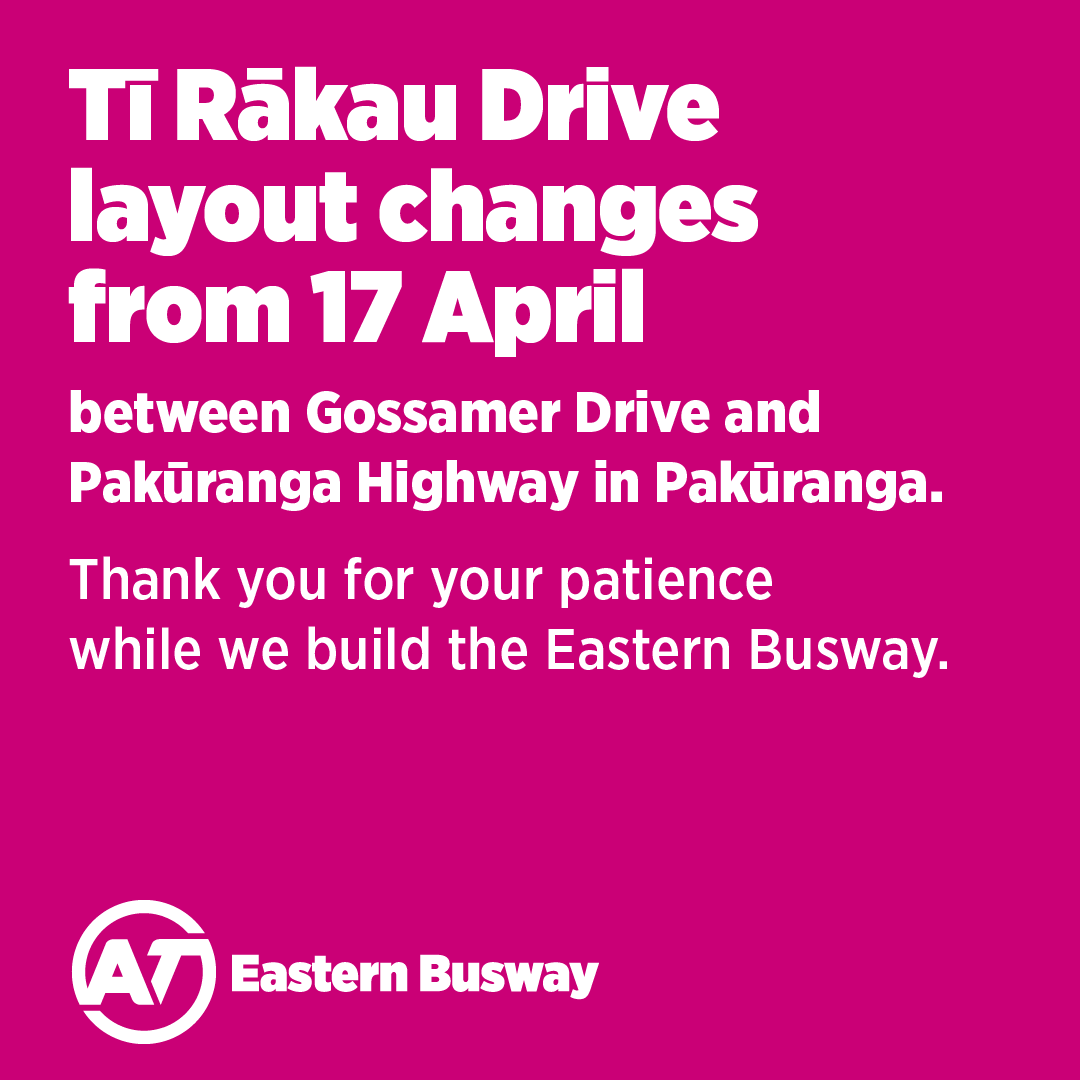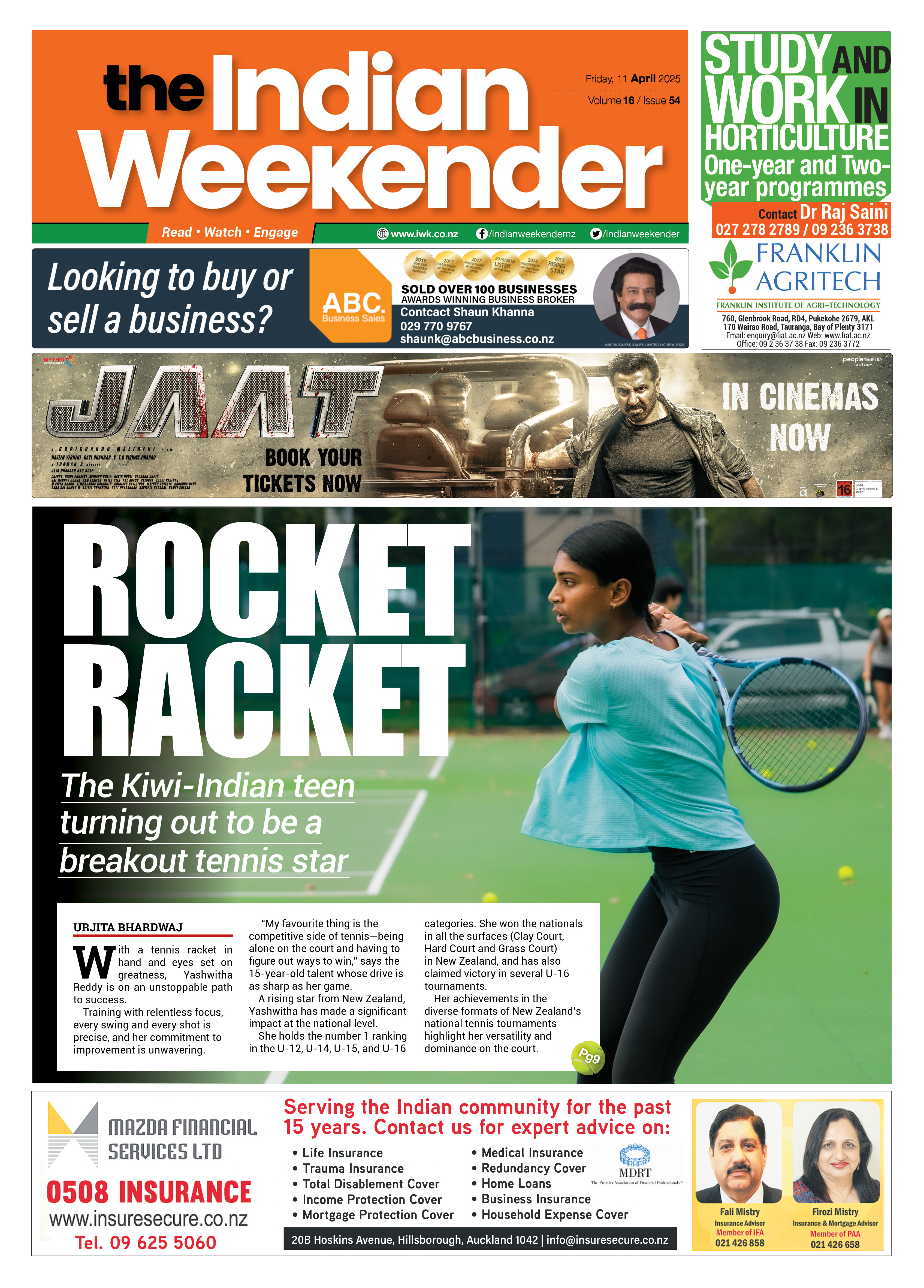Report on Mental Health Services exposes gap in deliverables

Despite having made it to the top 10 happiest countries globally, New Zealand continues to suffer from a severe mental health crisis that cannot be wished away.
According to latest statistics released by Mental Health and Wellness Commission statistics, one in ten New Zealanders has used the website www.depression.org.nz in 2020/21. Just over 191,000 people (3.7% of the population) accessed mental health services directly and 9,392 were admitted to acute inpatient care. The annual suicide rate rose to just over 600 cases, with the country's youth suicide rate remaining one of the highest amongst the world's developed nations.
The Commission on 22 March released "Te Huringa: Change and Transformation. Mental Health Service and Addiction Service Monitoring Report 2022". The report monitors the performance of mental health services and addictions services between 2016/17 and 2020/21.
The data in the report suggests that despite all efforts, the situation has not changed much over the last few years and even the funding of $1.9 billion in 2019 budget has not been able to improve the delivery of mental health services.
Commission Board Chair Hayden Wano said, "Despite significant investment in mental health and addiction services through the 2019 Wellbeing Budget, improvements in services have not materialised as we had hoped for over this time,
"We commend the investment in additional, and much needed, primary and community services, but more is needed to address pressures on specialist services, particularly for young people."
The statistics show there has a been a rise in the percentage of young people seeking mental health services help since 2016.
The government had allocated $1.9 billion in the 2019 Wellbeing Budget aimed to improve the delivery of mental health services. Now the report shows that even after almost three years, not enough has been achieved despite the spending and claims of the government.
Former Associate Minister of Health, Peter Dunne questioned, “What has the money been spent on so far, or is it just still sitting there? Where was the plan for its utilisation at the time the original Budget bid was made, and how was that to be monitored? The impression is left there was no plan, let alone any monitoring, and it was all just left to struggling officials who have achieved very little.”
ACT Deputy Leader and health spokesperson Brooke van Velden has slammed the Government over 'poorly-planned approach' to mental health as evident by the report.
Velden said, "The report states that wait times for mental health services have not decreased over the past five years, and wait times for addiction services have become longer.
"ACT would give the Mental Health and Wellbeing Commission the power to transform mental health and addiction services by taking the $2 billion per annum currently spent through the Ministry of Health and DHBs, and channelling it to providers and patients through an upgraded Commission renamed Mental Health and Addiction New Zealand (MHANZ).
National's Mental Health spokesperson Matt Doocey also criticised the government. Referring to the report, he said, "This is emblematic of a government that is all spin and no delivery. Labour's only measure of success is how much it spends on things. But it needs to be about the outcomes that we achieve for New Zealanders.
"The report released today by the Mental Health and Wellbeing Commission reinforces what many mental health groups and services have been telling me for some time – that they're not seeing any of the money promised for mental health and can't point to where it's gone.
"They have been raising these concerns with the government for months about staff shortages and growing waiting lists, but have not received a response," Doocey said.
Commission Board Chair Hayden Wano also added, "While there is much to do, this report is also an opportunity for us to acknowledge some examples of genuine progress. Service volumes have been maintained during the pandemic and there is evidence of growing collaboration between public health services and other community-based organisations."
The government also announced that it is making two more digital tools available to help people struggling with mental distress.
The free apps which are funded from the $1.9 billion Wellbeing Budget, are available to download for smart devices.
The first app, Groov (formerly Mentemia), aims to help people 19 years and older in managing their day-to-day wellbeing and also at times of increased stress.
The second app, HABITs Messenger, is aimed at 12-to-18-year-olds. Co-designed by Auckland University it works on a chatbot platform providing interactive chat sessions designed to feel like you're messaging a friend.
Detailed report available here https://www.mhwc.govt.nz/assets/Te-Huringa/FINAL-MHWC-Te-Huringa-Service-Monitoring-Report.pdf


.png?height=240&width=1000)


